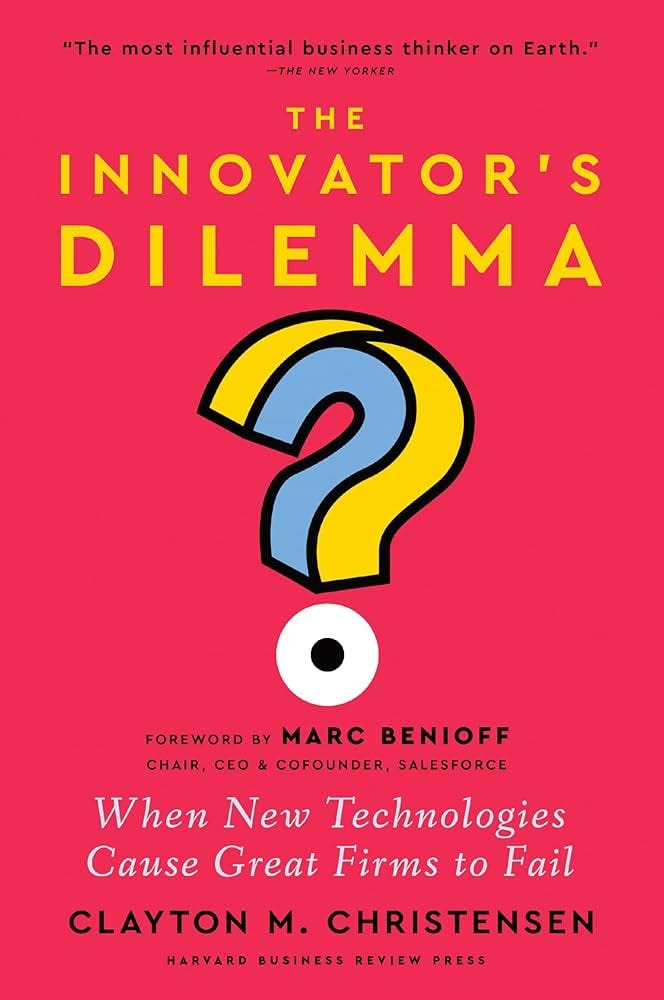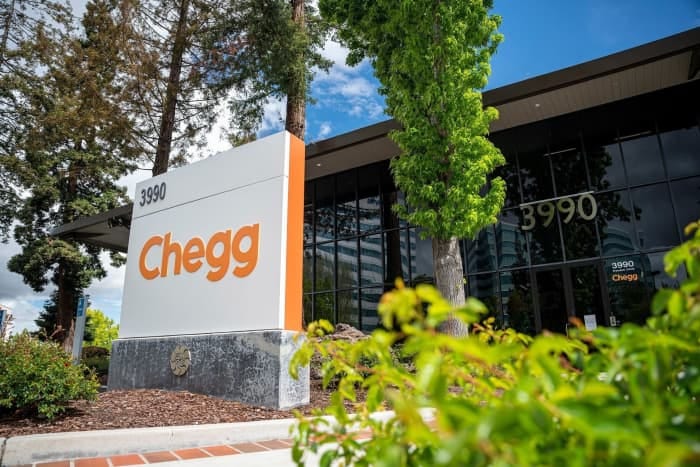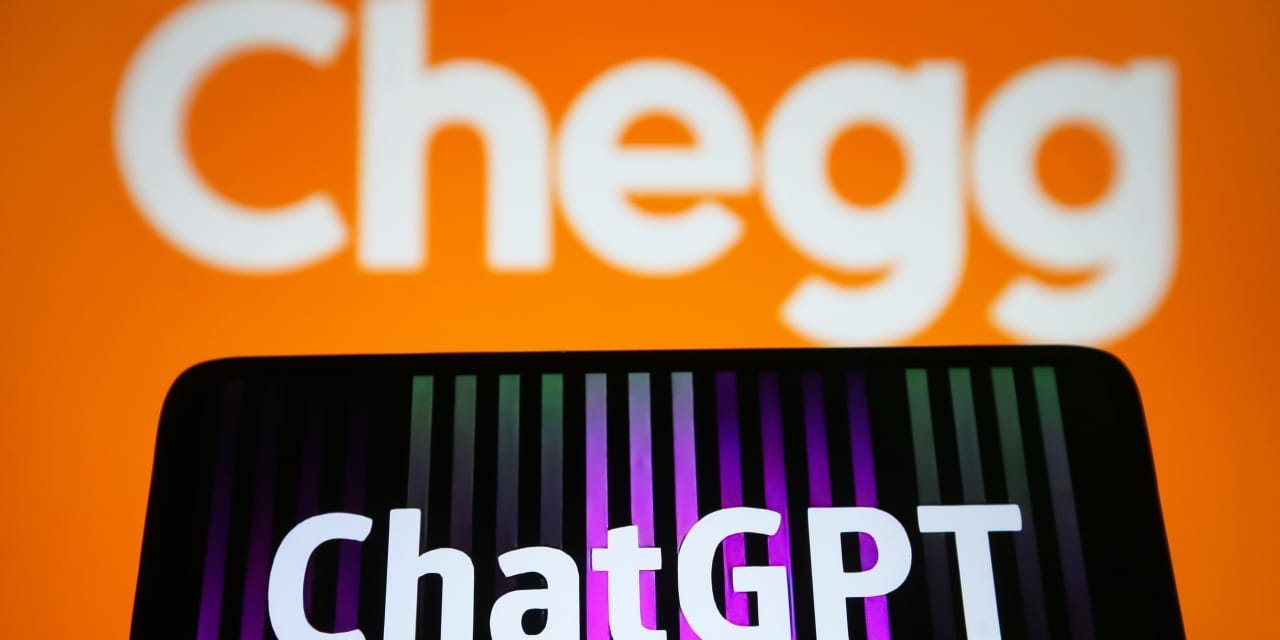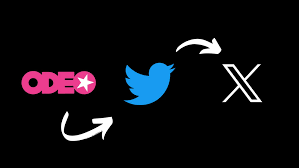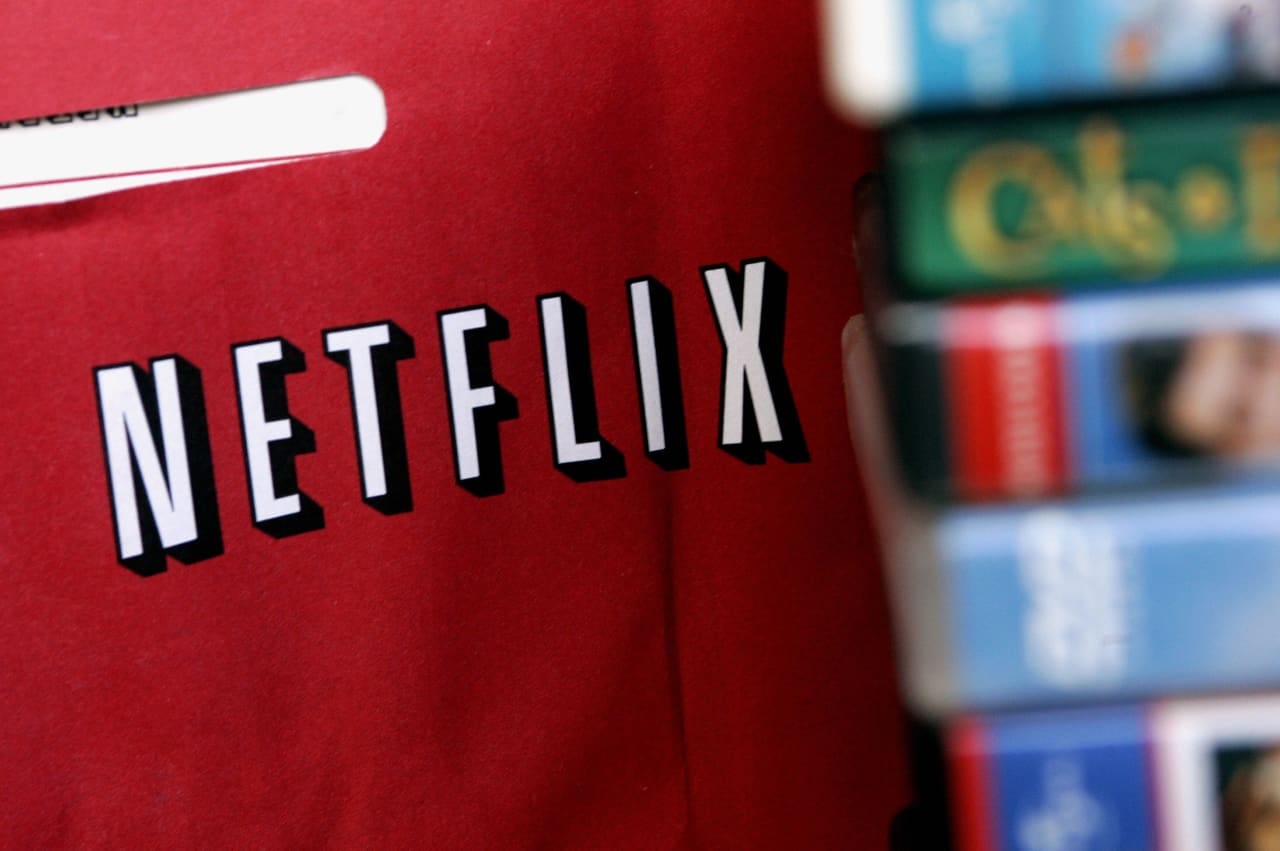
AI: On AI casualties and 'pivots'. RTZ #538
On question I always get in advising around three decades of Tech Waves, is which companies are most in the cross-hairs of a new major technology, and how can they ‘pivot’?
Most of the time, my answer tends to focus on the proactive opportunities for incumbents rather than the threat. Of course there is the classic ‘Innovator’s Dilemma’ made famous by Clay Christensen, where entire companies and industries are forever changed by new ways of doing things, at new, generally, lower costs and prices. And the attendant crossing the chasms across various stages.
But most of the time, there is time to execute ‘add-ons’ with the new technologies. Figure out way to counter the ‘new tech native’ versions of the disrupting application, product or service. The challenge is to generally follow fast-changing habits by mainstream users.
This question is vividly highlighted in the WSJ’s “How [OpenAI’s] ChatGPT Brought Down an Online Education Giant”:
“Most companies are starting to figure out how artificial intelligence will change the way they do business. Chegg is trying to avoid becoming its first major victim.”
“Chegg began as a message board for Iowa State University students, with a name that combines “chicken” and “egg.” It evolved into a textbook rental company during the 2000s and began offering human-created online study guides in the 2010s.”
“The online education company was for many years the go-to source for students who wanted help with their homework, or a potential tool for plagiarism. The shift to virtual learning during the pandemic sent subscriptions and its stock price to record highs.”
“Then came ChatGPT. Suddenly students had a free alternative to the answers Chegg spent years developing with thousands of contractors in India. Instead of “Chegging” the solution, they began canceling their subscriptions and plugging questions into chatbots.”
“Chegg’s Stock Price have plummeted since a spike in subscriptions during the pandemic”.
“Since ChatGPT’s launch, Chegg has lost more than half a million subscribers who pay up to $19.95 a month for prewritten answers to textbook questions and on-demand help from experts. Its stock is down 99% from early 2021, erasing some $14.5 billion of market value. Bond traders have doubts the company will continue bringing in enough cash to pay its debts.”
“Though Chegg has built its own AI products, the company is struggling to convince customers and investors it still has value in a market upended by ChatGPT.”
“It’s free, it’s instant, and you don’t really have to worry if the problem is there or not,” Jonah Tang, an M.B.A. candidate at Point Loma Nazarene University in San Diego, said of the advantages of using ChatGPT for homework help over Chegg.”
“A survey of college students by investment bank Needham found 30% intended to use Chegg this semester, down from 38% in the spring, and 62% planned to use ChatGPT, up from 43%.’“
“My concern is that the headwinds to Chegg’s top-line aren’t temporary—they’re more structural in nature,” said Needham analyst Ryan MacDonald.”
“Dan Rosensweig, Chegg’s CEO of more than a decade, stepped down in June after the stock cratered under his leadership. Chegg said Rosensweig notified the board of directors he planned to retire a year in advance.”
The company tried a range of things, including ‘AI-add ons’, in partnership with OpenAI, no less. All to no avail:
“Rosensweig met with Sam Altman, CEO of OpenAI. The pair agreed to develop a service called Cheggmate that would use Chegg’s repository of millions of answers and GPT-4 to instantly answer student questions and generate quizzes.”
The whole piece is worth reading in full, and will likely be a business school study case around ‘AI disruption’ some day.
But the broader issue remains that companies large and small need to be ready to ‘pivot’ around changes, especially fast moving technology changes.
A new book ‘Pivot or Die’ just out by Gary Shapiro makes the broader point. A WSJ review, “Pivot or Die: The Profit of Change” explains, citing one of the most dramatic recent pivots in tech memory, now undergoing another ‘pivot’ to X:
“When Apple Computer first integrated podcasts into its iTunes software in 2005, one of the companies disrupted by the move was a start-up called Odeo. Facing an existential crisis, Odeo desperately needed to pivot; the company’s chief executive asked his team to come up with alternate paths forward. One such idea was for an SMS-based social-networking service. As legend has it, the idea was the brainchild of a 29-year-old Jack Dorsey; the service eventually became Twitter.”
And of course another one that impacts how we do TV today vs yesterday:
“Thanks to the vast expansion of internet connectivity and rapid improvements in data-transfer technology, for instance, Netflix in the mid-2000s was able to pivot from being a DVD-by-mail business and became a streaming-media service. In some cases, a company has no choice but to adapt to “external forces, be it economic downturns, technological advances, or unforeseen ‘black swan’ events.” Think Covid-19 or the rapid rise of artificial intelligence.”
This AI Tech Wave is likely to see more than its share of ‘Pivots’, both attempted and successful.
We’re in the earliest days of AI innovations, so even seemingly successful ‘AI Native’ companies today may need to ‘Pivot’ sooner than later, given the unprecedented set of underlying technology changes in play.
Chegg in hindsight may be one of the very first ones in a long chain of similar stories to come. And who knows, they may pivot yet. Stay tuned.
(NOTE: The discussions here are for information purposes only, and not meant as investment advice at any time. Thanks for joining us here)


